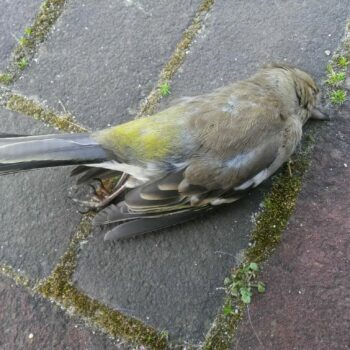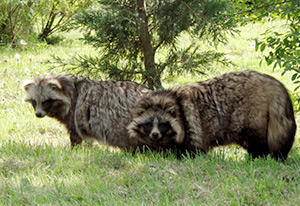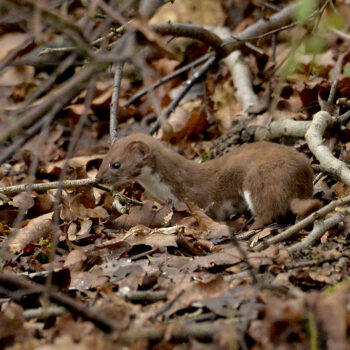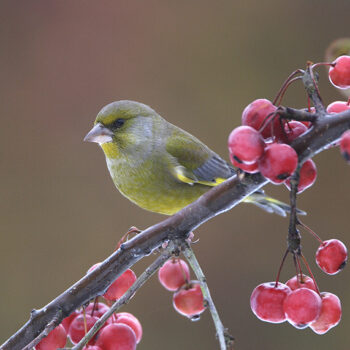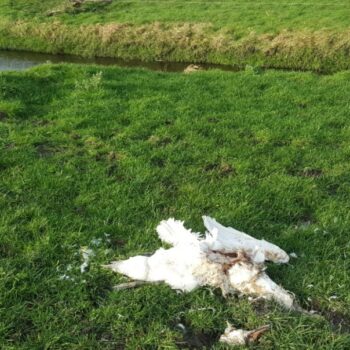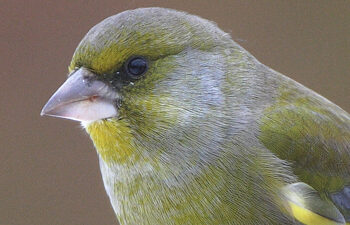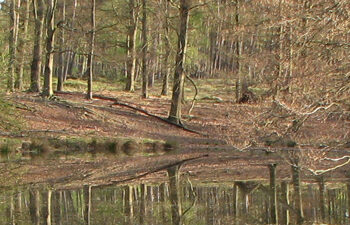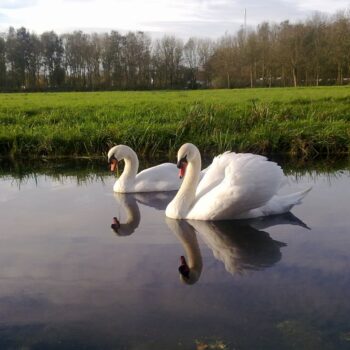Interim report: Greenfinch, DWHC focus species, 2016
The greenfinch and other species of finch were the focus species of the Dutch Wildlife Health Centre DWHC in 2016. These species were chosen in order to shed light on the presence of trichomonas infection in greenfinches and other finch sorts in the Netherlands.
Read more



